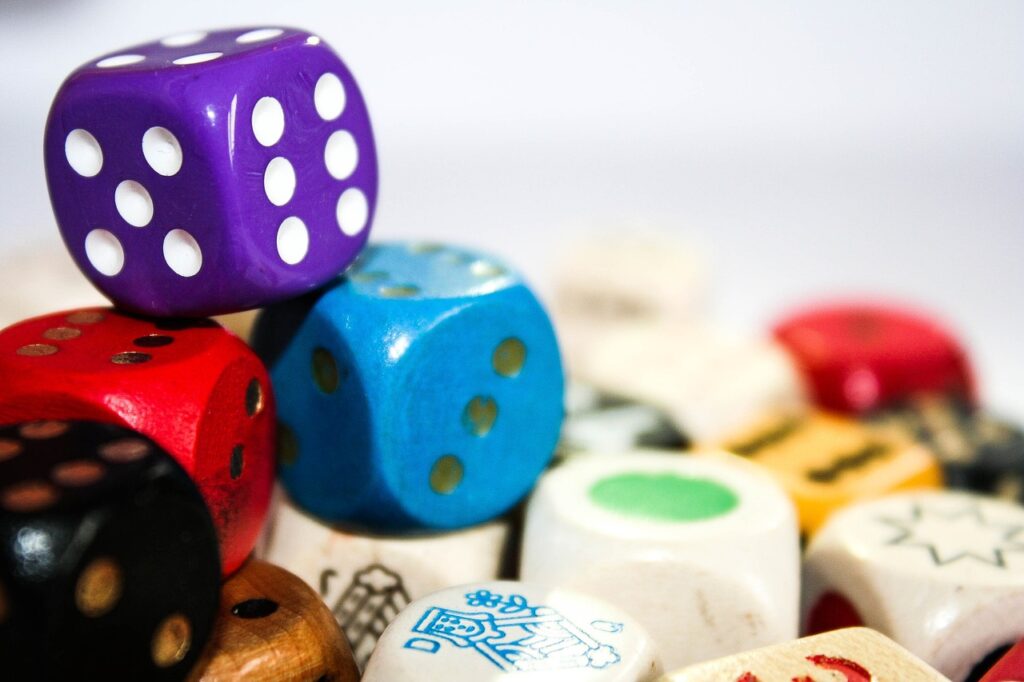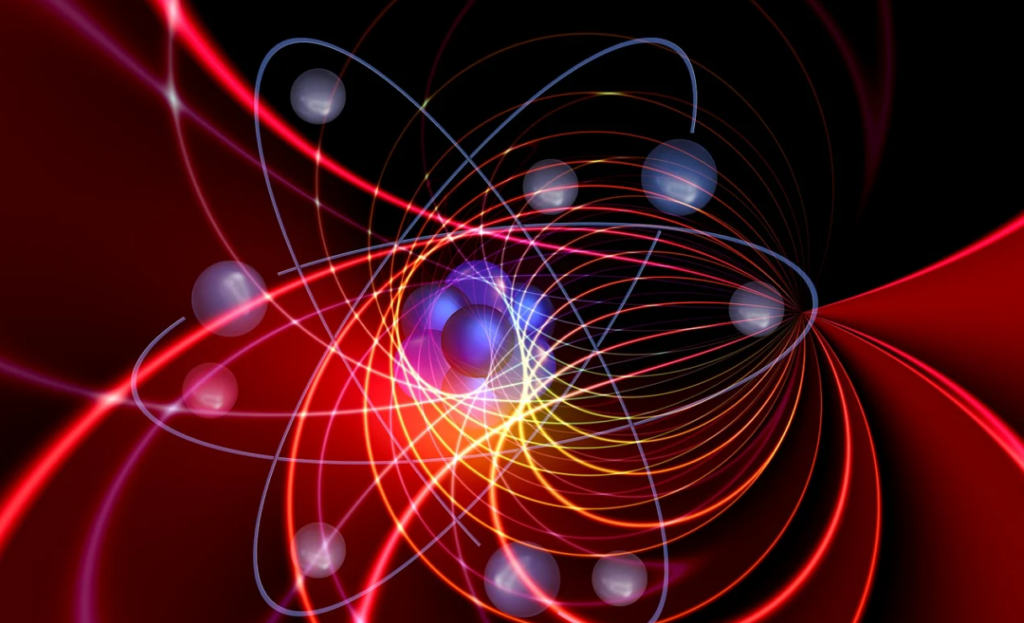Randomization underpins much of the world and how it has developed. The randomization of mutations in cells and genes has underpinned the evolution of every species on the planet, driving natural selection. In the modern age of technology, we have sought to harness the power of randomization for further advancements and entertainment. However, creating random events and sequences is somewhat counterintuitive.
For something to be truly random, it cannot be governed by human intervention. By virtue of creating something like a random words generator, there is an element of randomization that’s lost in the programming. While everyone will have had a run-in with a random number generator, knowingly or not, several significant advancements have been made recently to suggest that we’re closing in on more accessible true randomization.
Randomization’s place in the modern world

Order, knowledge, and technology drive our everyday lives, and yet, randomization continues to play a huge part and remains very useful. There are two kinds of random generators, with the one that we’re more commonly faced with being pseudorandom generators. These give the illusion of true randomization, being governed by algorithms and a set of rules. True random generators use physical variables to generate results, drawing from the randomness of nature or the outside world.
One way that you likely would have made use of random generators is in password creation. With online security being paramount, Norton created a free-to-use password generator that randomly creates a sequence between four and 64 symbols to ensure that it’s illogical and hard to crack. Many password hackers run through real words and common combinations to crack digital passwords, so this tool helps to make doing so, even for cracking software, very difficult.
In entertainment circles, randomization has long been used as the core of products. With wholly random creations, everyone gets the same chance of success as the rest, with the entertainment coming from the anticipation of the random result. Now a largely digital space, online slots are underpinned by random number generators. They now come with several more features and mechanics that alter the volatility, but the result of each spin is randomly generated. Of course, the results of Rainbow Riches Megaways are pseudorandom, while live roulette is truly random.
Similarly, lottery draws can be seen as wholly random entertainment products. Yet, it wasn’t long ago that Lotto Max and Lotto 649 in Canada switched from mechanical ball drops to using random number generator software. Doing this reduced the inherent randomness, but it does still produce randomized results as far as winners are concerned. In a much more important field, modern cryptography utilizes random numbers to create keys for encryption, with programs now being built to resist even quantum algorithms through randomness.
An exciting future for randomness is here

Since its release to the public, many have been looking for ways to exploit or find holes in the incredibly advanced AI program ChatGPT. While some need help with error codes to get going, others have found that its capacity to generate random numbers has a lot left to be desired. Large samples have discovered that it merely replicates numbers that are popular online, such as 42, 69, and anything with a 7, rather than generating truly random numbers.
This may change if some of the latest advancements in randomization generators are applied. Combining the efforts of Politecnico & Università di Bari, Ghent University, and the Technical University of Denmark, a team of physicists has discovered that quantum fluctuations can enhance random generators. By using the random behaviors presented in pairs of antiparticles and particles, generators can create randomized sequences some 200x faster than the random number generators presently being used.
At Nanjing University, an experimental demonstration showcased the genuine randomness that can be easily produced by a quantum random number generator, similarly to the findings of the study above. It has also been found that true random number generators can be created for cryptography circuits. A team at the King Abdullah University of Science and Technology in Saudi Arabia have developed a new manufacturing technique that enables superior random signal generation through the unique properties of a 2D h-BN.
Random number generators are incredibly useful in our increasingly digitized world, and with the advancements nodded to above, it’s clear that truly random generators could soon become widely accessible.








